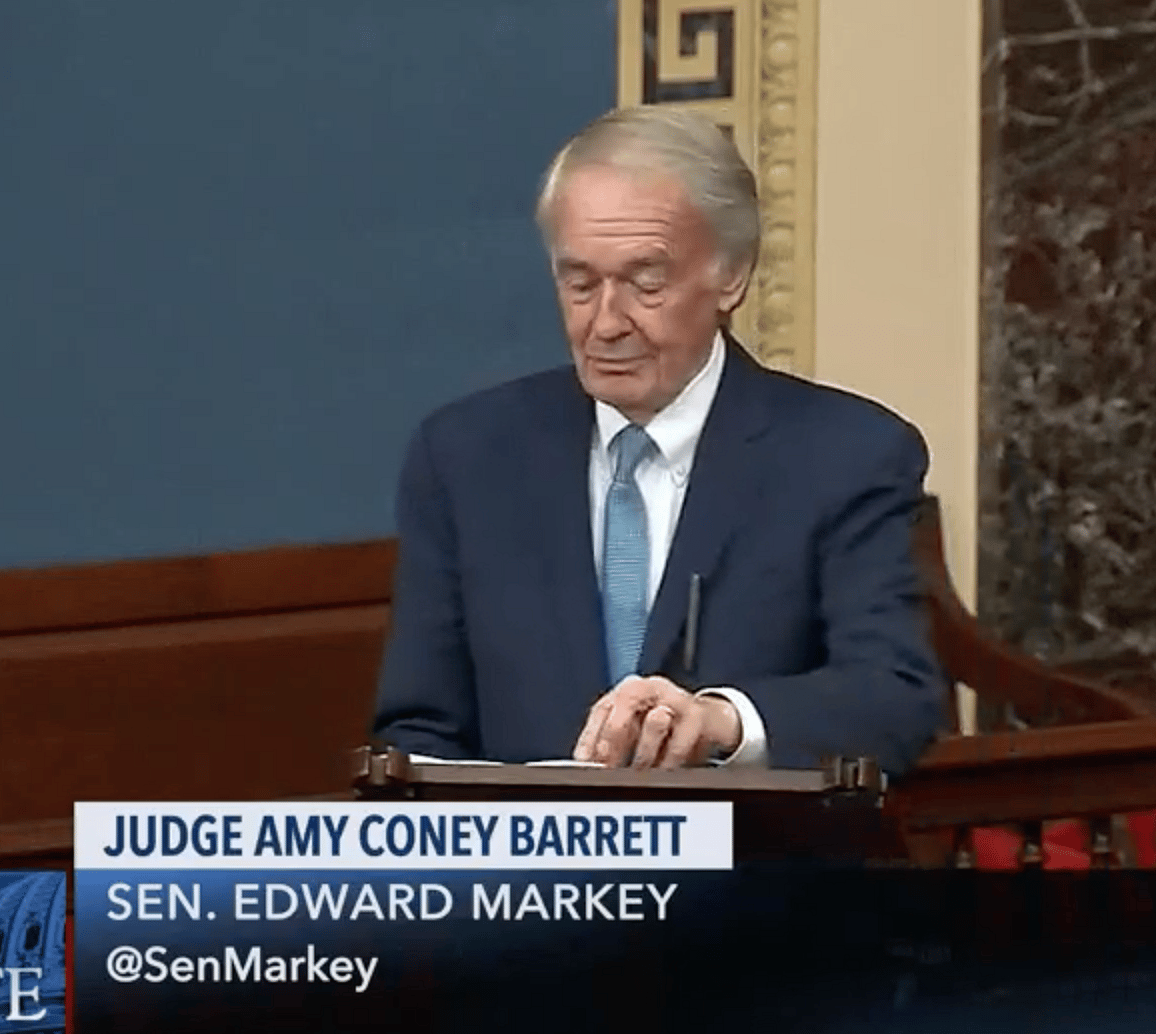Make Unequal Racial Outcomes Unconstitutional, State Legislator Says

A Massachusetts state legislator wants to make unequal outcomes by race and other categories a violation of the state constitution that would prompt action by the state government.
The proposed constitutional amendment would add sexual orientation to the currently protected classes of sex, race, color, creed, and national origin and add a sentence after that stating: "Persistent unequal outcomes among such categories shall constitute inequality under the law and shall thereby be unconstitutional."

